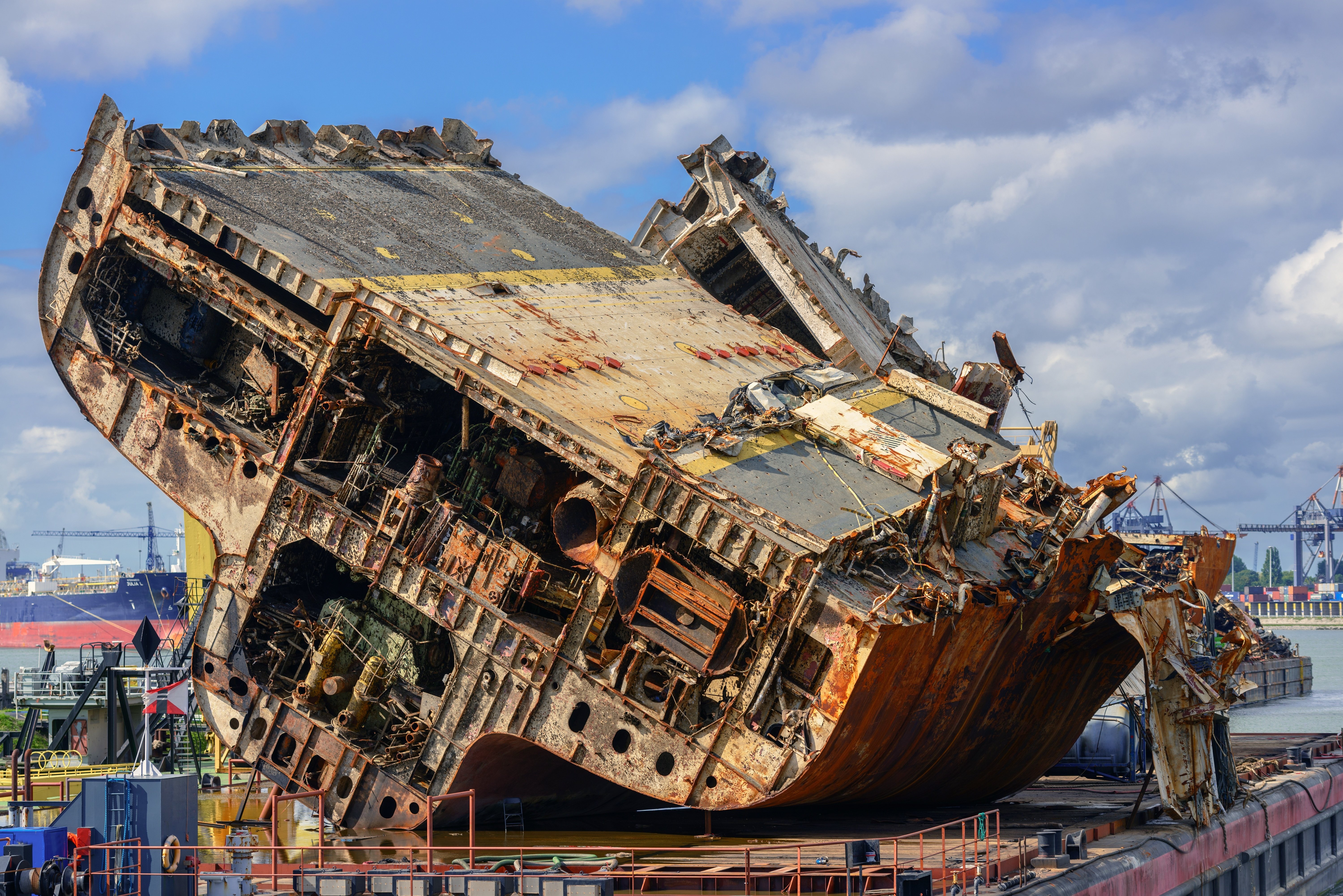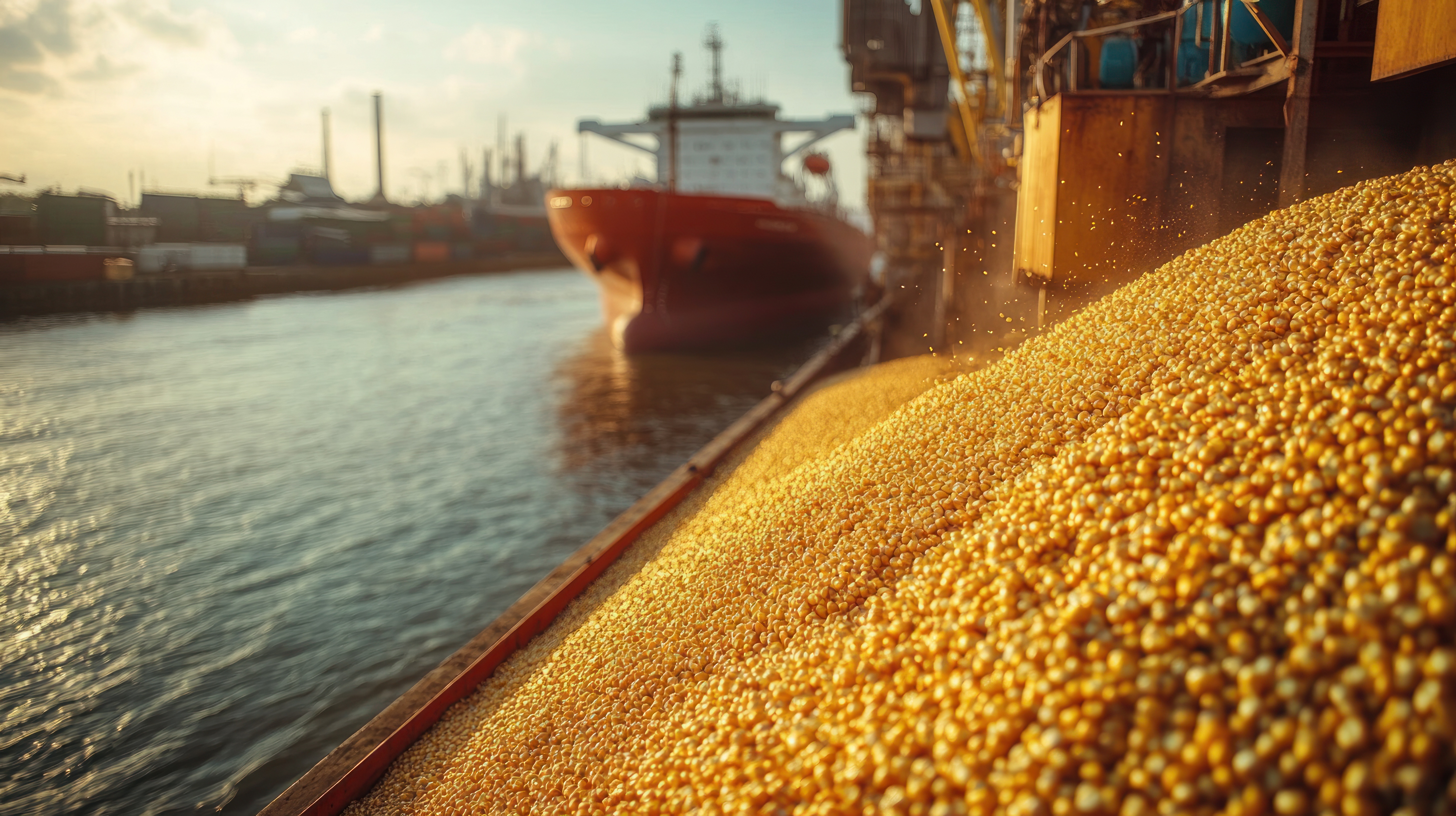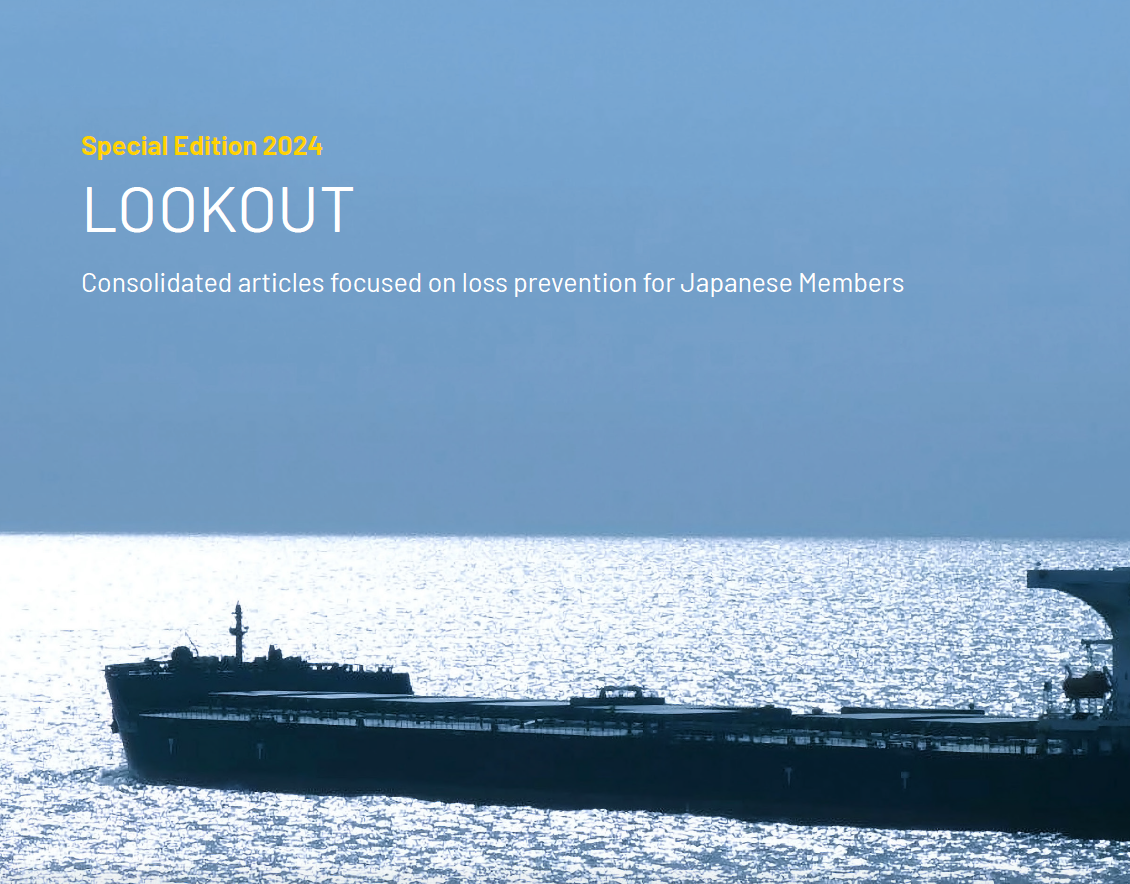
On 26 June 2023, Bangladesh & Liberia ratified IMO’s Hong Kong International Convention for the Safe and Environmentally Sound Recycling of Ships (“HKC”). The HKC is aimed at “ensuring that ships, after reaching the end of their operational lives, do not pose any unnecessary risk to human health and safety or to the environment when they are recycled”.
The HKC was adopted on 15 May 2009 but there were three stringent conditions[1] to be met in order for the Convention to enter into force. All three conditions were finally met with the ratification by Bangladesh and Liberia, and the Convention will now enter into force on 26 June 2025. The Convention will apply to ships of 500gt or more engaged in international trade (excluding warships and ships operating throughout their life only in waters subject to the sovereignty or jurisdiction of the state whose flag the ship is flying) and to ship recycling facilities operating under the jurisdiction of a party to the Convention.
The above news has been long awaited by all those who had been concerned by the lack of a globally-applicable ship recycling Convention. It is also timely given that (according to BIMCO) more than 15,000 ships with deadweight capacity of more than 600 million tonnes are expected to be recycled over the next ten years, 2023-2032. This figure is more than double the deadweight capacity recycled in the previous ten years.
So, the HKC has been ratified. What does this mean for the future of ship recycling?
UN Basel Convention
Pending the ratification of the HKC, IMO’s member states were encouraged to continue applying the Basel Convention on the Control of Transboundary Movements of Hazardous Wastes and their Disposal (“Basel”), which entered into force in 1992, and Basel’s Ban Amendment, which entered into force in December 2019.
Basel does not make specific reference to ship recycling but it refers to “hazardous waste”. When a shipowner forms an intention to scrap or to recycle a ship, the ship to be scrapped can be construed as hazardous waste for the purpose of Article 5 of the Convention.
The Ban Amendment prohibits the exporting of hazardous wastes from OECD (Organisation for Economic Co-operation and Development) to non-OECD countries without Article 11 agreements. It was considered that non-OECD countries did not have the necessary treatment and disposal facilities to treat and to dispose of such wastes in a manner that is safe and environmentally sound.
Basel incorporates the “polluter pays” principle and encourages the early ratification of the HKC.
However, the successful application of Basel to end-of-life ships has historically been difficult. The main difficulty lies in identifying when a ship becomes “waste”, as Basel only applies to the transboundary movement of hazardous waste.
EU Waste Shipment Regulation (EU WSR)
Basel and the Basel Ban Amendment were implemented by the EU countries via the EU Waste Regulation (“EU WSR”), in force from July 2007.
The EU WSR applies the Basel requirements to all ships greater than 500gt in EU/ EEA waters, regardless of flag. Like Basel, however, the difficulty in enforcing the EU WSR with regards to a ship as waste lies in determining when the ship becomes waste[2]. If a decision to scrap the ship is taken prior to the vessel departing from an EU port or EEA waters for recycling, the ship can only be recycled in an OECD country.
The EU WSR and the EU Ship Recycling Regulation (below) are currently being reviewed by the EU.
EU Ship Recycling Regulation (EU SRR)
The EU adopted the EU SRR in November 2013 to facilitate the ratification of the HKC. The Regulation entered into force the following month but it only became fully applicable after 31 December 2018. The Regulation brought the HKC ship recycling requirements into EU law. Its aims are to enhance safety, to protect human health and the marine environment throughout a ship′s life-cycle and, in particular, to ensure that hazardous waste from the recycling of such ship is subject to environmentally sound management. Like the HKC, the EU SRR requires an Inventory of Hazardous Materials (IHM).
The Regulation applies to EU flag ships and foreign flag ships greater than 500gt calling at EU ports. Excluded are EU flagged vessels operating only in waters of their flag state and vessels being used only on government non-commercial service (e.g. warships).
Ships subject to the EU SRR can only be recycled in one of the yards on the EU’s list of ship recycling facilities (the “European List”).
The EU SRR has however faced challenges achieving its aims for some of the reasons set out below:
- The Regulation prohibits EU flagged ships from being recycled in yards not on the European List. Most of the yards on this list do not have the capacity to recycle large ships.
- Most European owned ships do not fly a European flag
- The European List does not currently include any yard in non-OECD countries that have the capacity to recycle large ships. This will delay the accession of HKC standards in yards of South Asian countries.
- Owners are paid over double USD per LDT (Light Displacement Tonnage) by the yards in Pakistan, Bangladesh and India meaning that there is a strong incentive for shipowners to get around the Regulation.
- The Regulation can be circumvented by re-flagging the end of life vessels being sold for dismantling.
- Within the existing rules, it is not possible to determine when the ship becomes waste, and it is therefore difficult to determine if the decision to re-flag was made before the ship became waste, making that decision a breach of the Regulation.
The Regulation is currently being reviewed by the EU.
Conclusion
Following such a long wait, does ratification of the HKC mean that all issues in this area are now resolved? The answer, unfortunately, is “no”.
There are real concerns as to whether the HKC will be able to meet its expressed aim of “ensuring that ships, after reaching the end of their operational lives, do not pose any unnecessary risk to human health and safety or to the environment when they are recycled”.
Since the ratification of the Convention by Bangladesh and Liberia last month, NGOs, environmentalist and green groups are once again reminding us of the deficiencies in the HKC. Unlike the EU SRR, the HKC does not ban beaching. No South Asian yards have to date been approved for the European List, and yards that are already approved under the HKC may have no incentive to improve their standards further.
The HKC puts the responsibility for its enforcement on the flag State and the recycling State. Critics argue that end-of-life ships are often re-registered under flags with poor compliance records prior to the ships being sent for recycling. This undermines confidence that compliance will be adequately monitored.
Since the HKC was adopted 14 years ago, the UN’s 17 Sustainable Development Goals have been adopted by Member countries of the UN and there is increasing awareness of the need to protect the environment, to shift from a linear to a circular economy, to reduce poverty and inequality and to provide safe and decent work for all.
With all these developments, it is perhaps not surprising that there are some parties who take the view that acceptable standards in the HKC should now be higher than they were 14 years ago, and who call for amendments to the HKC before the Convention enters into force in two years’ time.
How the HKC and the EU SRR will interact once the HKC enters into force also awaits to be seen.
The Club will continue to monitor developments on this subject and keep Members updated.
---
[1] 1. Ratification by 15 States,
2. Representation by 40 % of world merchant shipping by gross tonnage, and
3. A maximum annual ship recycling volume not less than 3% of the combined tonnage of the ratifying States
[2] In Seatrade, three out of the four ships concerned had cargo onboard when they sailed from the EU ports. In July 2020, the Hague Court of Appeal sent the case back to the lower court for a retrial, although on a different point.





